
Being an Actor, the Raw Truth Behind the Hollywood Glamour
Story by Irina Abraham
Hollywood is on strike, they say.
Having worked as an actor for years and having been a part of the Screen Actors Guild (SAG-AFTRA,) I’m having a hard time with this statement. It assumes that all actors are Hollywood actors, but the truth is a lot of us have never been close to Hollywood studios. I spent over a decade in New York City working in TV, film, and theatre, and there is very little Hollywood glamor in my memories. Have I missed something? I decided to go to my former colleagues who are currently working actors in New York City, and ask what the life of your everyday actor is really like.
Tom Schubert, a film, theatre, and voice actor, talks of what he feels society’s perception of his occupation is, “They think you don’t work and it’s a glamorous life. It’s not really. You play with glamour but you can’t confuse it for the real thing. There’s nothing glamorous about doing a take for a self-tape over and over again with a siren that interrupts it or the sweat rolling down your forehead.”
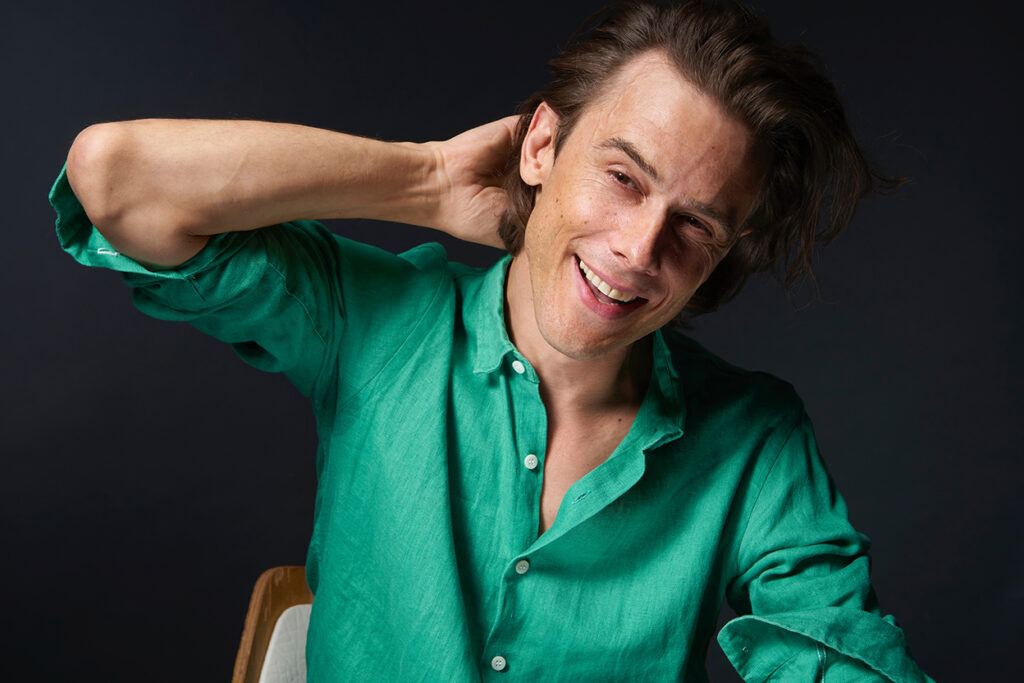
When I pose the same question to Ronit Asheri, an international actress and singer based in New York, her eyes light up.
“It’s like being a doctor or a lawyer, it’s something that you need to learn how to do, you have to be a professional. It’s not like you wake up one day and decide to be an actor. This kind of attitude is insulting. We go to school, we look for our voice. It’s a serious thing. People need to respect it more. It’s not a hobby, god damn it,” she says.
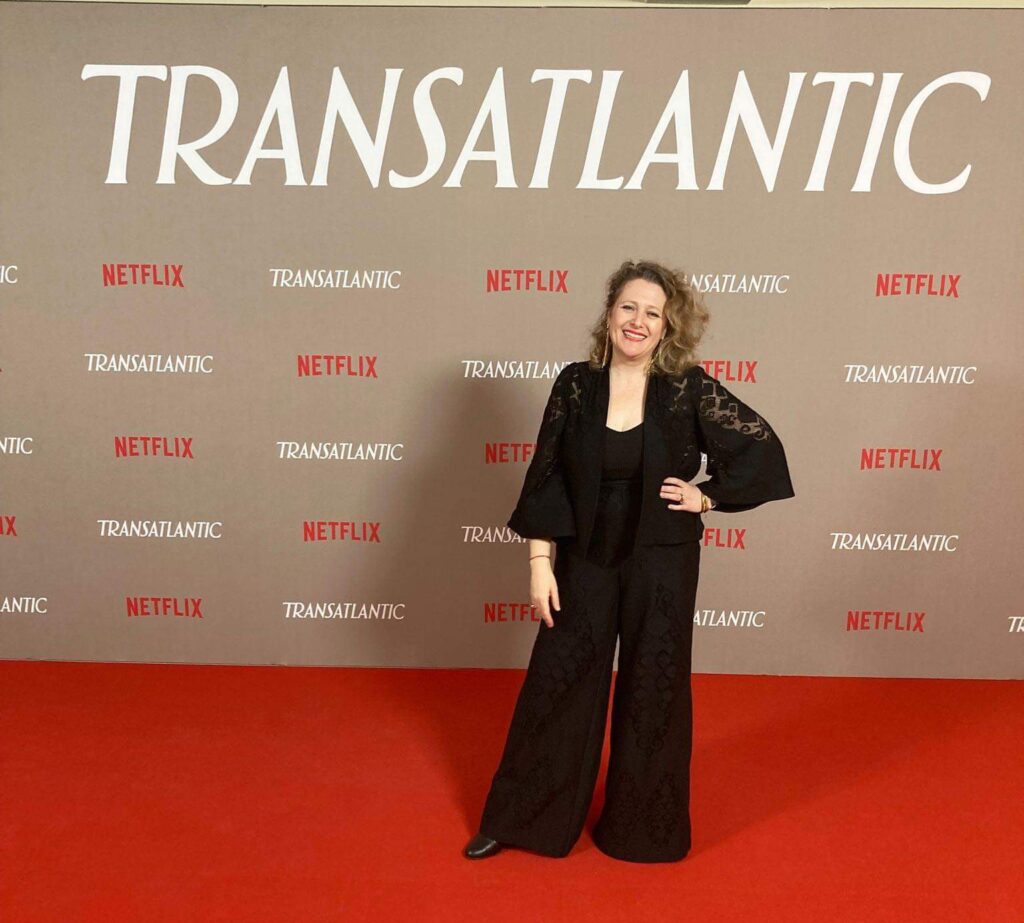
I couldn’t agree more. Most actors I know have spent years working on their craft and the truth is the work never stops. There is always a new skill, a new level an artist wants to reach. Actors’ days are filled with so many tasks, that it almost seems one has to be a superhuman to accomplish them all. And I’m not talking about celebrities that flood our screens. Pretty please, let us separate the profession of an actor from a celebrity status. There are 160 thousand actors in the SAG-AFTRA union and according to www.myactingagent.com “currently, A-Listers make up about 0.0002% of SAG-AFTRA members.” Fame has little to nothing to do with this profession. Your average actor spends their time running from a catering gig to an audition, from a teaching gig to a rehearsal, endlessly. “I barely sleep,” Veronica Dang, an NYC actress and comedian says.
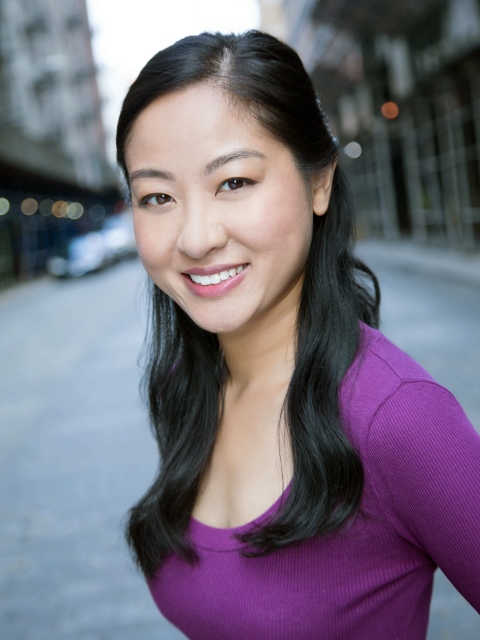
What the profession is all about, however, is a bottomless passion for artistic expression. In the words of Tom Schubert, “An actor is someone who reaches out even if alone.” When Ronit Asheri speaks of her profession, I feel how much love she has for it in my bones, “It’s the most exciting, passionate thing, it’s like oxygen, it’s my air. I’d rather die than do anything else. Every time I perform, I’m alive. It’s also painful because you don’t get to do it all the time. It’s sunshine and the most evil darkness.”
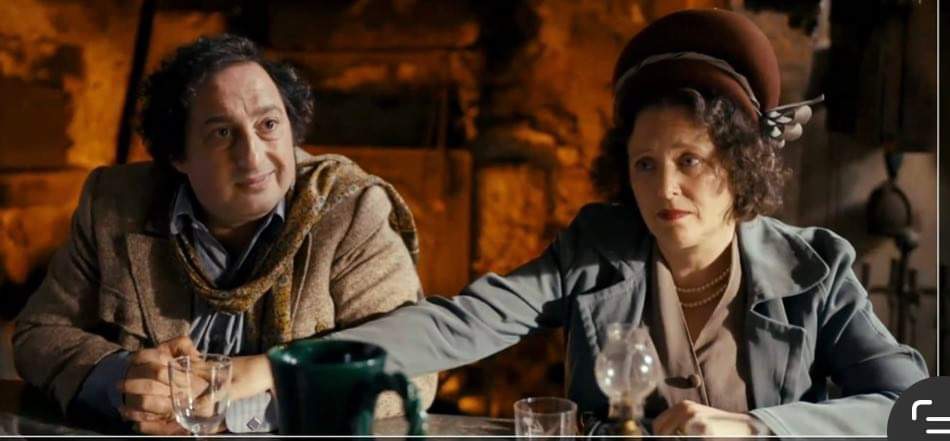
Every actor is familiar with the in-between-projects periods. Those times are both emotionally and financially draining. Usually, actors have gigs unrelated to their profession to pay the bills. When asked what the most painful thing is about being an actor, Veronica Dang confesses “It is being poor and not being able to do what you love because of it.” “If you’re worried about paying rent at the end of the month your creativity suffers,” Tom Schubert echoes.
The gaps take a toll on their emotional and physical well-being. Ronit tells me that her back pain subsides when she is involved in a project; Veronica notes that she got sick way less once she took up acting. Even so, she admits that she thinks of quitting all the time. And yet, if she ever quits, she believes she’d find her way back into it. When asked whether there would be any circumstances under which he could quit, Tom says that he would if he “had lost his ability to express with his body and voice.” “So, death?” I ask, jokingly and he nods, laughing.
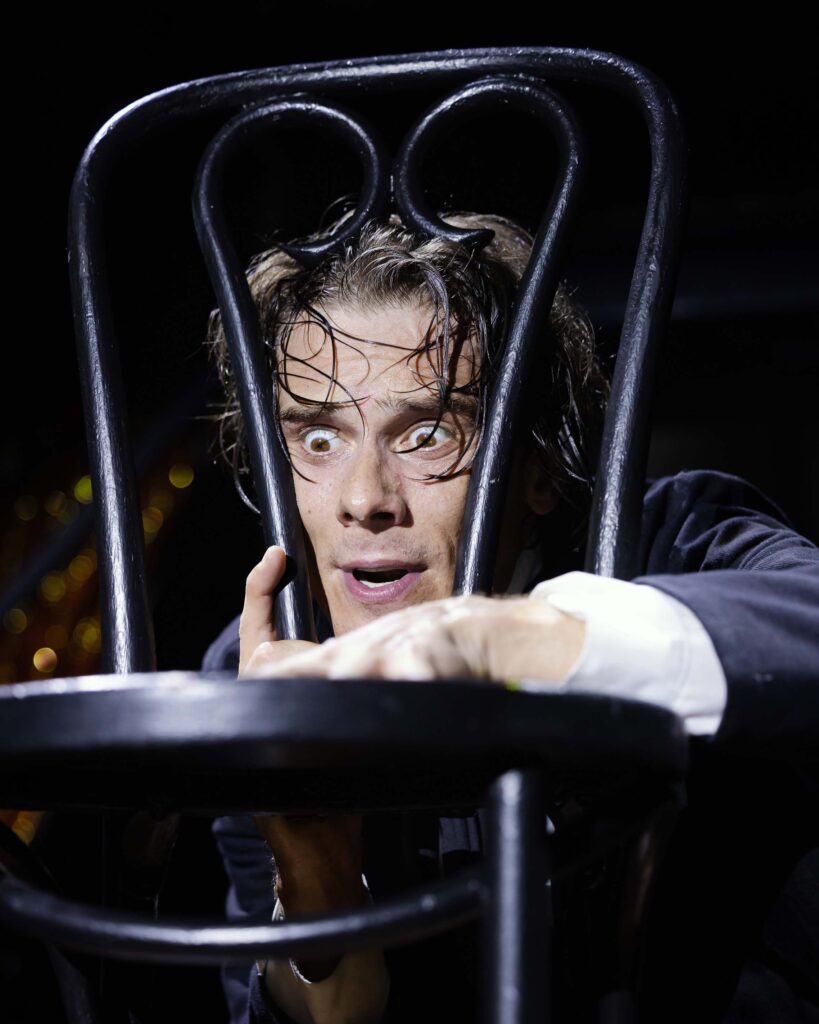
Ronit shares that even though she is happy about her decision to move to the US because it brought her roles in such acclaimed Netflix shows as Unorthodox and Transatlantic, she misses her theatre ensemble in Israel. Ronit worked at a local theater in Tel Aviv and was employed full-time. This kind of job security along with other perks is more common across the ocean. In France, there is a law according to which actors get paid unemployment benefits between projects after having worked a certain amount of hours. In Germany, the arts budgets have been recently raised. According to www.euronews.com, “The German state has been a particularly impressive bastion for funding the arts in Europe for some time. Last year, the government announced the Kulturpass, a scheme that would give every German €200 to spend on cultural goods, experiences and events when they turn 18.” Of course, this kind of commitment to arts and culture reflects on the financial and emotional well-being of the artists.
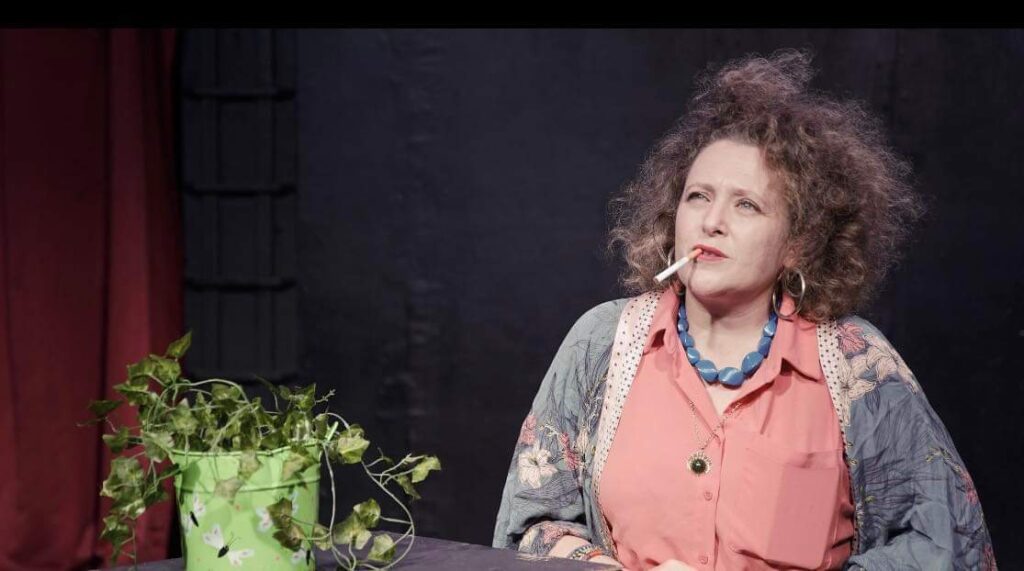
“We hold mirrors to the human condition and it’s a form of art, and we spill our guts and we leave blood sweat and tears on the stage or a movie set. The idea that we don’t deserve to be compensated just as any other professional is preposterous. An actor works twenty-four seven especially when you’re on a project. You wake up and go to bed with it, and dream of it. We put our souls into what we do,” Tom Schubert says.
Jessica Burr, a director and producer of an NYC physical theatre ensemble, Blessed Unrest, spoke at the Yale Innovation Summit Arts Panel, discussing the arts in the United States. “What happens is that the surrounding structures get valued more than the art itself, more than the process. We are supposed to make something from nothing in about three weeks’ time. If we are going to be allowed to do our job in society: to see your heart, to heal your soul, to understand the inside of the human condition, we need to be allowed process. We need time, we need resources.”

In my experience, the fact that artists are not given the resources and the time to create in the United States has transformed the culture of the artistic milieu. Artists are used to being rushed, they are used to being undervalued. Oftentimes, on film sets and in theater rehearsals the result matters more than the process. And yet, it is the process that gives birth to genius.
Speaking of the artistic milieu, there is this common theme I noticed while surfing the web and reading the comments to the articles and posts about the strike and the hardship it has brought onto the actors. “Learn how to do something else and stop complaining,” they say.
Imagine, if all the actors, apart from the celebrities, went and did something else. You’d think, who cares, we don’t even know who they are. Worse comes to worst, the actors who play small parts could always be replaced with AI (the very thing the union is striking against!)
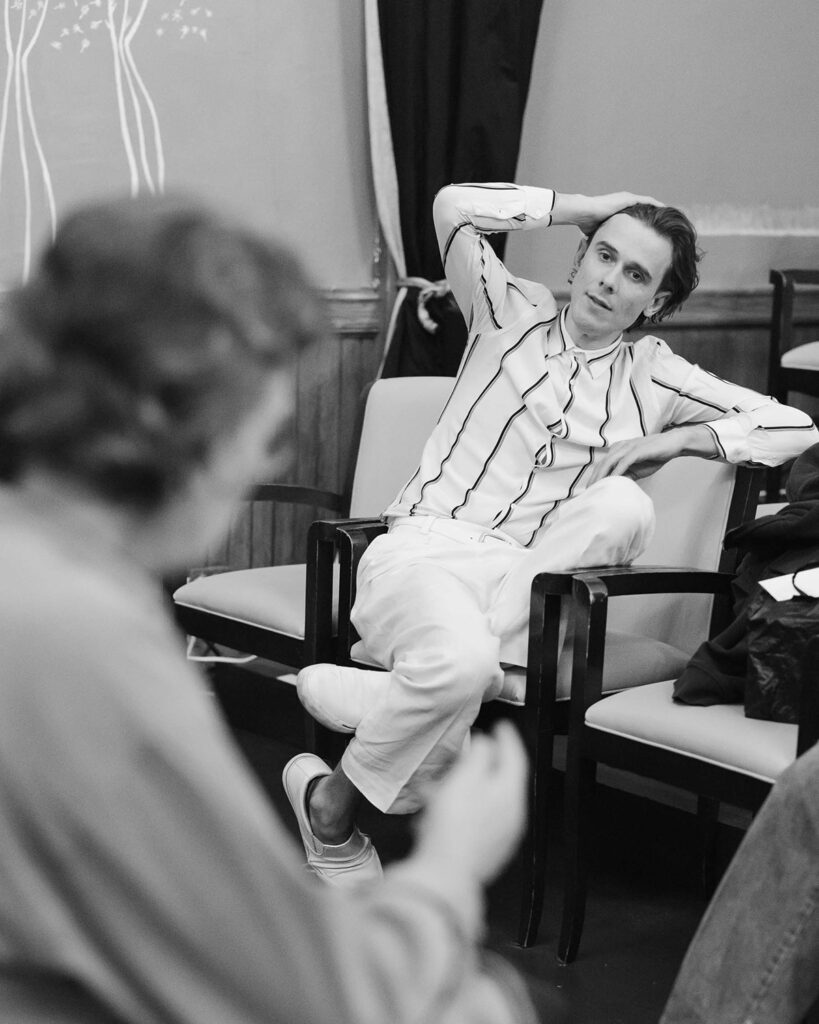
And you know what, it is true. They could be replaced with AI. At first, no one would feel the disappearance of thousands of artists who were performing obscure shows in basements and shooting indie films that only a handful of people got to see. Sure. But you see, without the milieu, there is no art. The genius works that thunder across the Universe come from the numerous rehearsal rooms scattered across New York City, from the late-night conversations after one-act plays in tiny black-box theaters, from short films that never made it to any festivals, from many trials and errors that happen because artists keep creating like they keep breathing, no matter what. “The more I produce, the more money I lose,” says Jessica Burr. “But I can’t stop producing because I will evaporate without it.”
At the end of each conversation, I ask my colleagues what advice they have for the young actors. They talk about the uniqueness of every artist, and how it’s important to remember that no one can give or create what you can. They also remind their young colleagues to find a way to make peace with the gaps between projects. But most importantly, they all urge the young artists to keep creating. “You never know when someone out there needs to hear what you have to say,” Veronica Dang sums up.
It’s the butterfly effect. A small act of beauty, even if only seen by one person can send waves across the Universe. I believe that. I treasure that. Here is to hoping that my dear colleagues survive yet another crisis and keep making our world more beautiful, one movie, one play at a time!




